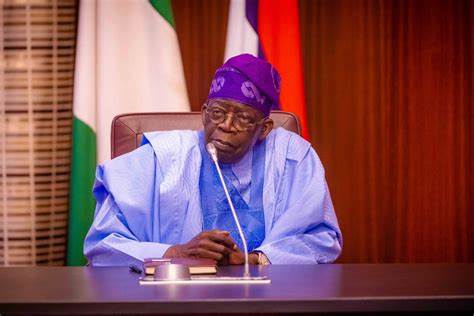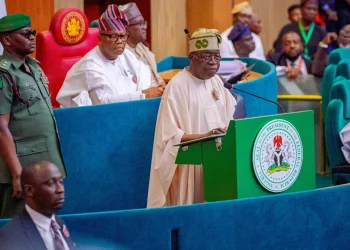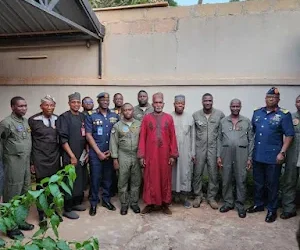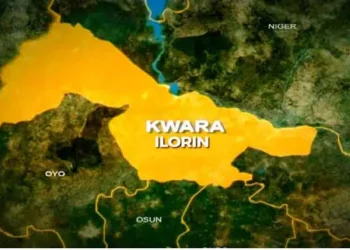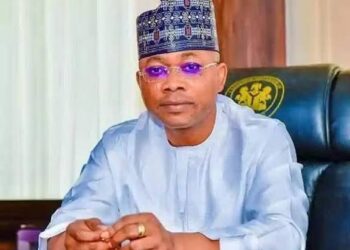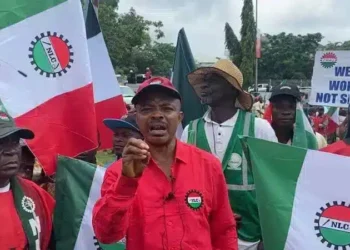President Bola Tinubu has refused to sign the National Drug Law Enforcement Agency Bill 2025 into law, citing concerns that the proposed legislation violates established financial regulations governing the management of crime proceeds.
The President’s rejection was communicated through an official letter read by House of Representatives Speaker Tajudeen Abbas during Thursday’s parliamentary session. The decision has effectively halted the proposed law that would have granted the anti-narcotics agency unprecedented financial autonomy in handling recovered assets from drug-related offenses.
The controversial bill sought to authorize the NDLEA to directly retain and utilize a percentage of proceeds recovered from drug trafficking and related criminal activities. Supporters of the legislation argued that such provisions would enhance the agency’s operational capacity and reduce its dependence on annual budgetary allocations for specialized operations against drug cartels.
However, President Tinubu expressed strong reservations about the proposed financial arrangement, arguing that it contradicts Nigeria’s existing framework for managing recovered criminal assets. In his letter to the National Assembly, the President emphasized that current regulations require all proceeds from criminal activities to be deposited into the government’s designated Confiscated and Forfeited Properties Account.
The President outlined the established procedure for accessing such funds, noting that any disbursement to recovery agencies, including the NDLEA, must follow a strict approval process. According to existing regulations, such financial releases require presidential authorization and must receive consent from both the Federal Executive Council and the National Assembly before implementation.
The rejected legislation had generated significant debate among lawmakers and anti-corruption advocates, with some viewing it as a necessary tool for strengthening the NDLEA’s fight against drug trafficking. Critics, however, had raised concerns about potential accountability issues and the risk of creating parallel financial systems outside government oversight.
This development represents a setback for the NDLEA, which has been seeking enhanced operational independence and improved funding mechanisms to tackle Nigeria’s growing drug trafficking challenges. The agency will now need to continue operating under existing financial arrangements while exploring alternative approaches to securing adequate resources for its mandate.
The President’s decision underscores his administration’s commitment to maintaining centralized control over recovered criminal assets and ensuring that all such proceeds remain subject to established governmental oversight mechanisms.

